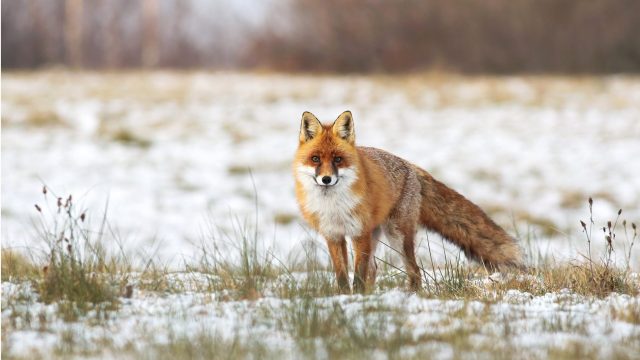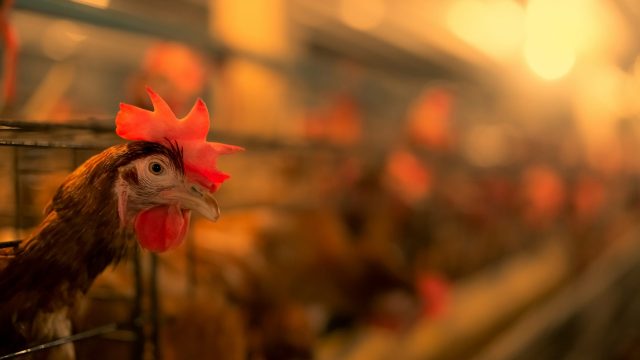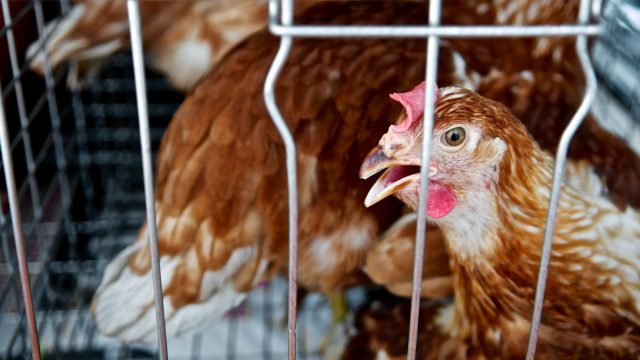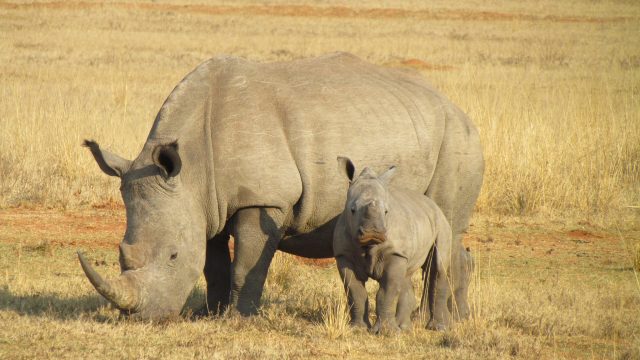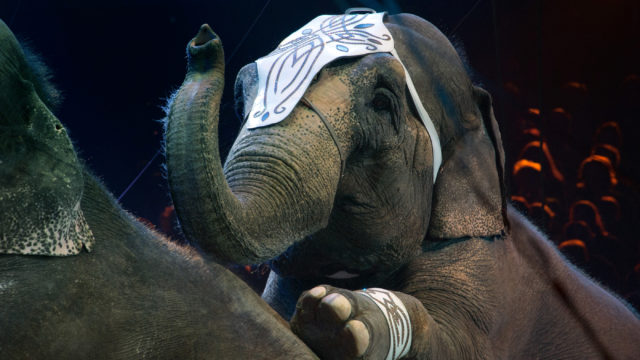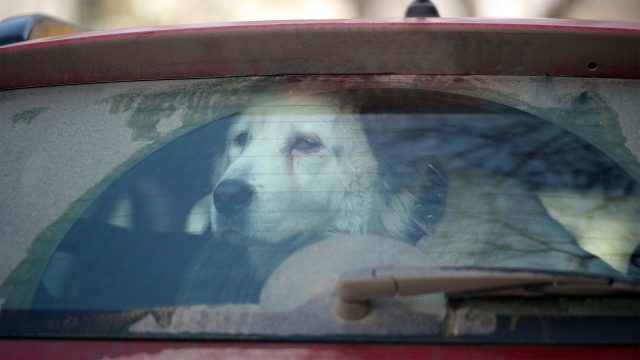Showing 31-40 of 43
-
Banning the Sale of Fur (Hawaii)
Bans the manufacture and sale of new fur products in Hawaii, reducing the demand driving the fur industry. -
Banning the sale of fur (Rhode Island)
In Rhode Island, An Act Relating to Criminal Offenses — Trade in Animal Fur Products Act (HB 5258/SB 746) would ban the sale of new fur products in the state, including fur clothing and fashion accessories. -
Ending the Intensive Confinement of Hens Used by the Egg Industry (New Mexico)
The Confinement of Egg-Laying Hens Act (SB 347) would require that, by 2022, hens used by the egg industry and raised in New Mexico live in cage-free conditions — outlawing battery cages — and that eggs sold in New Mexico meet this same standard. -
Ending the Intensive Confinement of Hens Used by the Egg Industry (Hawaii)
An Act Relating to Farm Animals (HB 538/SB 346) would ban the intensive confinement of hens used by the egg industry in Hawaii as well as ban the sale of eggs from hens kept in such cruel conditions by 2026. -
Halting Trafficking in Ivory and Rhino Horn (Massachusetts)
Restricts the sale of ivory and rhino horn in Massachusetts. -
Protecting Animals Used in Circuses (Connecticut)
Prohibits the use of certain animals in circuses and traveling shows -
Empowering Local Governments to Pass ‘Rights of Nature’ Initiatives (Florida)
In 2020, Orange County, Florida passed a groundbreaking “rights of nature” initiative, the first time county voters considered this type of charter in the country. Unfortunately, the Florida state legislature enacted a statute in 2020 that contains languag -
Dogs in Hot Cars (New Jersey)
Provides civil and criminal immunity to people who in good faith rescue an animal from a motor vehicle under dangerous conditions. -
Animal Possession Ban (New Jersey)
Prohibits people convicted of criminal animal cruelty offenses from possessing domestic companion animals for at least two years and from working or volunteering at animal-related enterprises. -
Courtroom Animal Advocate Program (Florida)
Courtroom Animal Advocate Program (CAAP) laws allow advocates — supervised law students or volunteer lawyers — to advocate for animal victims in criminal cruelty cases.


